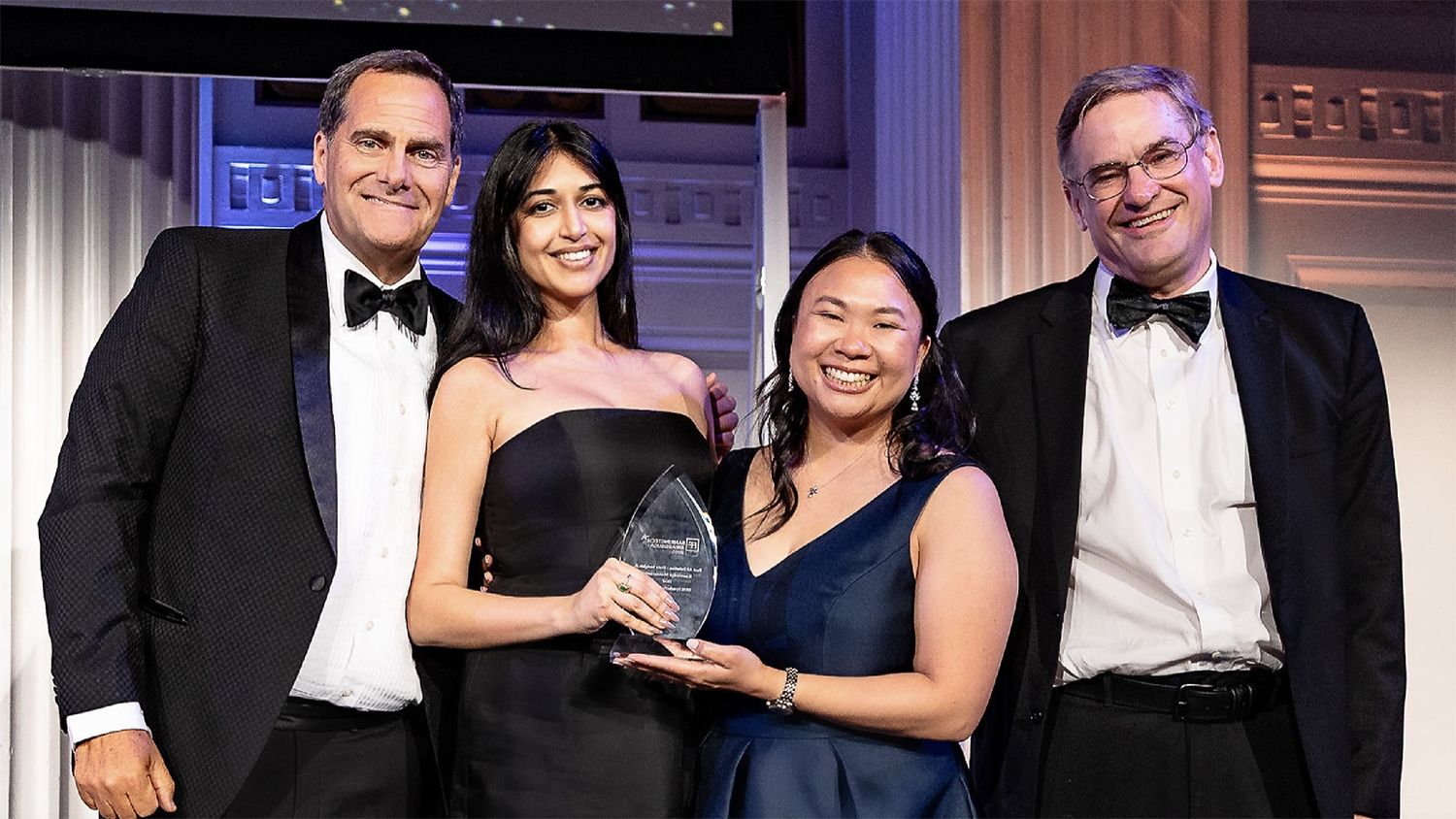Breeze is a landscape designer interested in addressing the perceptual and physical interpretations of equitable and just access to public spaces. In zir work, zie explores frameworks of resilient sociocultural equity through futurism, cultural expressions, and natural systems. Zir approach is grounded in meaningful and intentional engagement that amplifies the voices of marginalized communities through the connectivity of natural and cultural systems, the preservation of community integrity, and challenging structures of oppression in design.
As the first person in zir family to go to college, zie began zir studies at UNC-Greensboro before transferring into the School of Architecture at NC State.
Thrilled to be accepted to the College of Design, zie didn’t feel that the philosophies in architecture lined up with zir own philosophies, which led zir to pursue the Master of Landscape Architecture. Working with faculty like Kofi Boone inspired zir.
“I was absorbing everything that Kofi [Boone] was teaching, and that led to my final project to look at neighborhoods and invest in the infrastructure that is needed to preserve cultural integrity. And that’s the journey I’m on right now – trying to figure that out and refining it as I get more into the profession,” zie says.
In zir work, zie explores frameworks of resilient sociocultural equity through futurism, cultural expressions, and natural systems. “One of the things I’m trying to do within my own practice is to be aware of the equity factor within the work that I do, making sure that I’m being conscious of the impact that the work that I’m doing has on the people that will be using the space or what that space perpetuates in the sense of either equity versus harm,” zie adds.
As a junior designer at Sasaki, Outlaw started to feel as if zie wasn’t contributing zir fullest. “At what point am I going to learn the skillsets and leadership skills I need to be the best landscape architect I can be?” zie says. “From there, I started to speak up for myself and built on that momentum of needing to advocate for myself.”
Zir personal journey has involved engagement with the community in any project zie’s worked on – being aware of not just traditional demographics of the community, but demographics related to food insecurity and exposure to violence. “The process I’m doing with engagement evolves all the time – you learn new things and try to be sensitive when you engage with people,” zie adds.
Outlaw reflects on one of zir favorite projects – the Frederick Douglass Memorial Plaza in Roxbury, Massachusetts. “This was the first project where I felt the most valid in the sense of bringing my identity into a design,” zie says.
Zie started working with the community to foster a space for healing and think about what beauty meant to them in their space. “We wanted to find a way to convey this reclaiming of space, of developing a safe space,” zie says. The design incorporates African textures and patterns, and the planting palettes used were influenced by African American gardens – using bold colors, bold textures and asymmetrical designs.
“We’re trying to invoke memory and a sense of smell, and be a place for people to celebrate, and reflect, but also a space for existing,” zie adds.
“One thing that I’ve been doing is being conscious of myself – unlearning or being very critical of the design thinking I’ve been taught. It takes a lot of work – you have to be really understanding of the power dynamics within these spaces, public or private,” Outlaw says.
- Categories:



